Yes, smart city, it’s today’s topic. We often hear about smart cities. Every developing country wants a smart city in their country. In our country, 5 smart cities under construction. But why every country wants a smart city?
I noticed many people do not know “what is the smart city?’
This article I will try your all doubts regarding the smart city. So keep reading if you won't know about the smart city.
And Yes! If you haven’t followed us in Instagram yet, do so
soon.
Let’s get started,
What is Smart City?
A smart city is a designation given to a city that incorporates information and communication technologies (ICT) to enhance the quality and performance of urban services such as energy, transportation, and utilities in order to reduce resource consumption, wastage and overall costs. The the overarching aim of a smart city is to enhance the quality of living for its citizens through smart technology. The factors that contribute to a city being classified as smart are:
1) The application of a wide variety of digital and electronic technologies to the city and its communities
2) The application of ICT to uplift life and the working environments in the region
3) The embedding of such ICT within government systems
4) The territorialization of practices that bring the people and ICT together in order to foster innovation and enhance the knowledge that they offer.
Also, Read:- The Best book for SSC JE 2020 - BOOK REVIEW
What are the civil engineering aspects of the smart city?
The role of civil engineering in some key components of smart city infrastructure are discussed below:
Smart Transportation
A smart city is all about all-round connectivity and accessibility. The storage and efficient transfer of data by and between roads, vehicles, highways, bridges, traffic lights and even the relevant building is capable of assisting with the public as we as commercial transportation management, route information system, vehicle control and safety, and traffic congestions.
Through the intelligent the transportation system has been there for a while, the latest generation of solutions come with features like traffic prediction, analytics and decision support, traveler information, advisory services, ticketing, and face the collection that are capable of enhancing a current system to a whole new level.
A lot of sensors need to be embedded into new and existing roadways, building, bridges, post, and signs that continuously gather data from passing vehicles. All the different kind of vehicles on the road need to be able to interact with each other and the infrastructure without any interruptions.
City planners, therefore, are required to go an extra mile and work with civil engineers to upgrade their urban infrastructures to incorporate sensors and lot devices.
Smart Building
In a smart city, Civil engineers have to plan the construction of a building to the installation of smart management systems.
With the advent of a lot and AI, the working mechanisms for lighting systems, fire protection systems, security the system, CCTV, HVAC have undergone a complete overhaul. Motion sensors can sense when an area is vacant or occupied and turn off on or the lights and lower the temperature; crews can be monitored using passive RFID as they check-in; IP networks let the users adjust the HVAC setting of the building over their smart phone or tablet so the desired temperature is achieved by the time they arrive.
Another important technology is the adoption of smart concrete sensors. These sensors are embedded within concrete at the time of placing and are able to relay necessary information like concrete’s health, temperature, etc. that ultimately helps with increased sustainability and infrastructure lifespan a huge benefit to Civil engineers.
Also, Read:- Centre of gravity and T-Section problem.

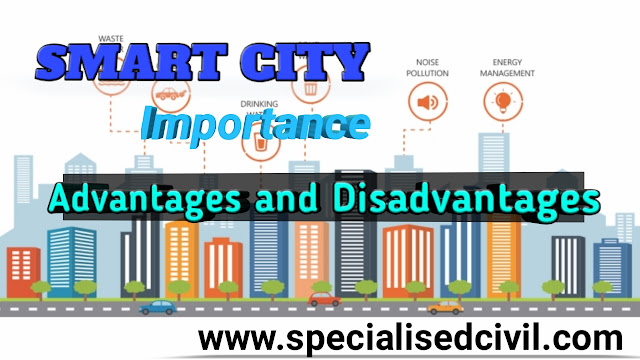


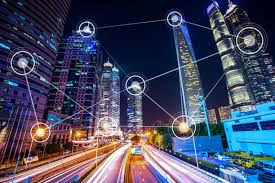
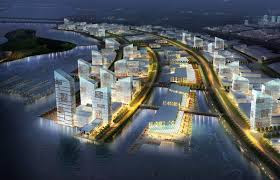
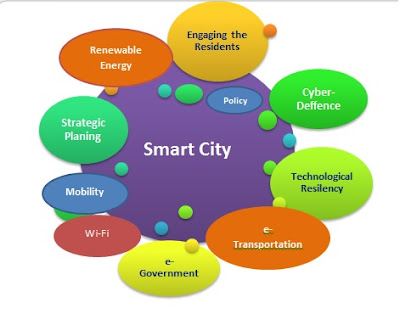
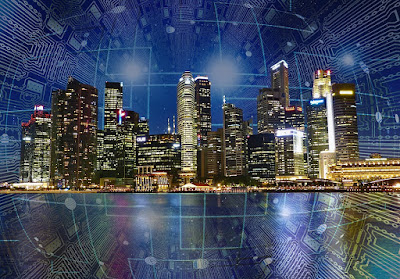




0 Comments